Reducing rare disease genomic healthcare inequalities in Palestine. A pathway od health care and scientific discovery
Supervisor Name
Reham Nazzal
Supervisor Email
r.r.nazzal@exeter.ac.uk
University
University of Exeter
Research field
Medical Sciences

Bio
Description
This project forms part of the established translational genomic research programme “Stories of Hope, Stories from Palestine”. The focus is to investigate the spectrum and causes of rare genetic developmental disorders in Palestinian communities. By identifying new genetic conditions and understanding the biological processes involved in normal human development, the project aims to improve diagnosis, clinical management, and treatment. Findings will directly benefit Palestinian families and have global impact for others affected by similar conditions. The student will join internationally renowned translational genomic, clinical, and bioinformatic research groups at the University of Exeter, working in collaboration with clinicians serving the Palestinian population, the Arab American University, and global research partners. They will also contribute to large research cohorts to identify families worldwide with the same genetic conditions, advancing our understanding of these diseases.







